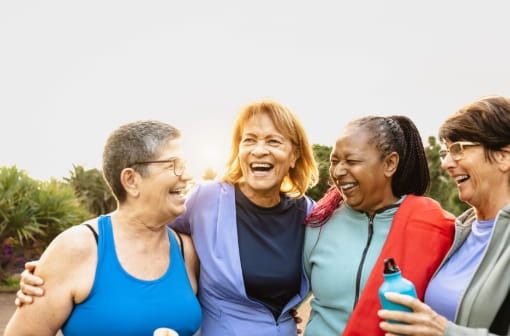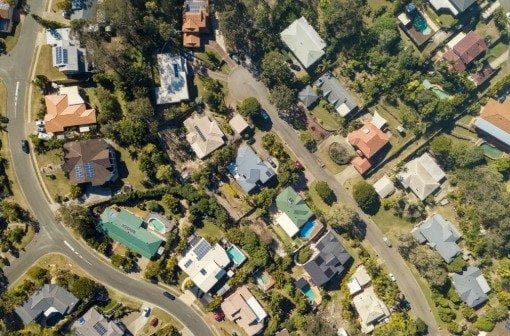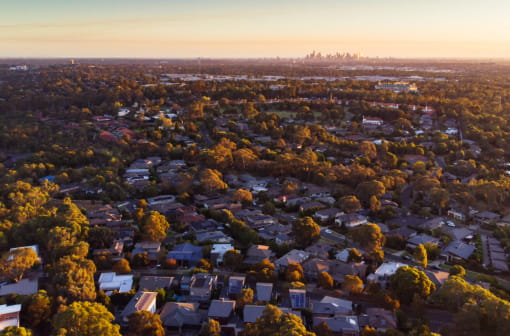“I found a hobby that I fell in love with where I was able to connect with other people of different walks of life. I've developed really close, good friendships. It's given me a whole new lease on life!” —Marcia
Key points
- Humans are social creatures. Even if we’re happiest in our own company, we need people around us and a sense of connection to thrive; without it, we can feel lonely and isolated.
- The Australian Unity Wellbeing Index reports that feeling as though we are part of a diverse and supportive community has a positive impact on our wellbeing
- Without a sense of community connectedness – whatever that may look like – we begin to feel isolated and lonely.
Whether it’s with a group of friends, a hobby group, a sporting team, our neighbours or an online community, a sense of belonging is what humans require.
Think about the last time you went for a period of time without seeing other people. It might have been a few hours, a few days or – in the case of a pandemic lockdown –several weeks. How did you feel?
Humans are social creatures. Even if we’re happiest in our own company, we need people around us and a sense of connection to thrive; without it, we can feel lonely and isolated.
But does feeling part of a community actually affect our wellbeing? Why is community important and how do we foster these community relationships?
Why community connectedness matters
Community connectedness is the measure of our sense of community – that is, how connected we feel to those around us. Whether it’s with a group of friends, a hobby group, a sporting team, our neighbours or an online community, a sense of belonging is what humans require.
The leading study into the wellbeing of Australians for the last 20 years, the Australian Unity Wellbeing Index reports that feeling as though we are part of a diverse and supportive community has a positive impact on our wellbeing. Our communities offer us collective support, a sense of belonging, and play a key role in combating loneliness as we age.
As a result, the Wellbeing Index has identified “community connectedness” as one of the seven key “domains”, or factors, that contribute to our wellbeing, along with relationships, health, standard of living, safety, achieving in life and future security.
What makes a community?
The Wellbeing Index’s research makes it clear that intimate relationships – both romantic and platonic – play a critical role in our wellbeing due to the sense of trust, security and happiness they bring. A sense of community can have a similar effect, allowing us to explore hobbies, shared interests and ideas with other people while fostering a sense of individuality.
Fundamentally, communities provide us with:
- An emotional connection with people who share our history, our sense of place or experience
- A feeling of belonging
- A sense of support
- A way to have our voice heard and valued by a wider group of people.
While we trust our closest friends, family and loved ones with our secrets, hopes and dreams, broader communities of people who share our hobbies and interests allow us to make meaningful connections that include the experiences that define us as individuals.

The impact of a lack of community
It’s no secret that the less social interaction we experience, the unhappier we become. Without a sense of community connectedness – whatever that may look like – we begin to feel isolated and lonely.
The impact of social isolation can be hugely damaging ; not only can it increase mental health concerns such as depression and anxiety, it can also contribute to physical health issues such as heart disease and stroke.
If you believe that someone you know is isolated or lonely, it’s important to try to help them find a community where they can build meaningful connections.
Get the latest in wellbeing research
The Australian Unity Wellbeing Index offers an annual insight into the wellbeing of Australians.
How community builds wellbeing: Marcia’s story
Communities are found anywhere, so long as there is a shared experience, shared interests or mutual history.
After a trio of serious diagnoses, Marcia found herself looking after her daughter, husband and mother through their health battles. She spent the better part of two years in and out of hospitals with them, visiting doctors and losing count of how many waiting rooms she saw, but was surprised at how she felt when her family members received the all-clear.
“I think when you go through a period and you're caring for people all the time and all of a sudden, they're all okay. I felt, I guess the word that comes to mind is lost,” she explains. “I realised I didn't have to be everyone's carer all the time. I just sat back and I thought, ‘Oh, I need to do something for myself’.”
For Marcia, that “something” was finding a new community that allowed her to express another side of her personality. “I found a hobby that I fell in love with where I was able to connect with other people of different walks of life. I've developed really close, good friendships. It's given me a whole new lease on life!”
Being part of a community makes life richer and enables us to thrive. We meet new people and gain valuable support and purpose, helping us to improve our wellbeing through our lives.
Disclaimer: Information provided in this article is of a general nature. Australian Unity accepts no responsibility for the accuracy of any of the opinions, advice, representations or information contained in this publication. Readers should rely on their own advice and enquiries in making decisions affecting their own health, wellbeing or interest. Interviewee names and titles were accurate at the time of writing.


